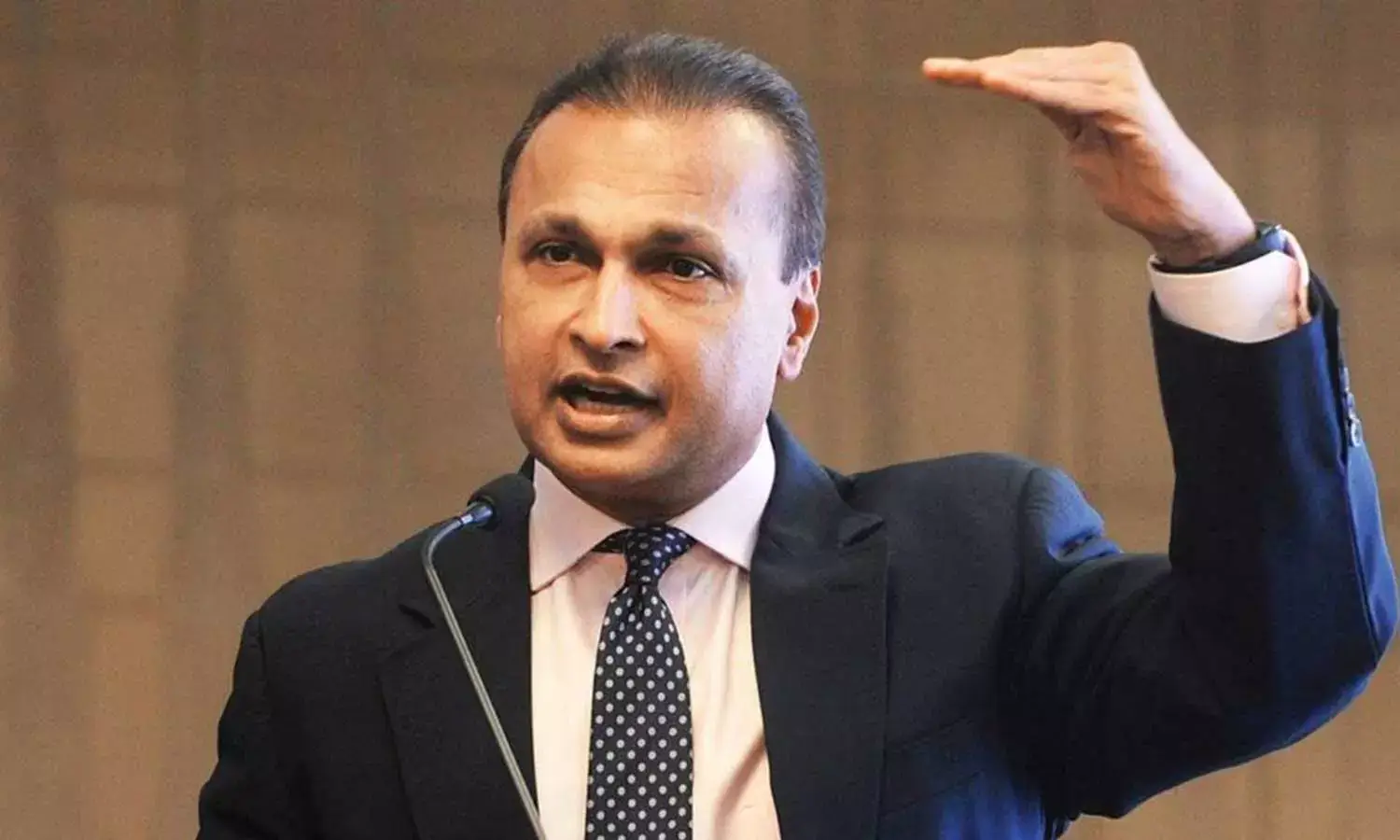India’s market regulator SEBI imposes trading ban and hefty fines on Anil Ambani and associates for alleged fraudulent activities in Reliance Home Finance.
In a major crackdown, the Securities and Exchange Board of India (SEBI) has banned Anil Ambani, the former industrialist and chairman of the Reliance Group, along with 24 other individuals and entities, from participating in the securities market for five years. This decision comes in response to allegations of a fraudulent scheme that involved the diversion of funds from Reliance Home Finance Limited (RHFL).
SEBI has also imposed a fine of ₹25 crore each on Ambani and the 23 others involved. Among the entities banned are Reliance Unicorn Enterprises, Reliance Exchangenext, Reliance Commercial Finance, Reliance Cleangen, Reliance Business Broadcast News Holdings, and Reliance Big Entertainment.
Additionally, RHFL has been prohibited from accessing the securities market for six months and fined ₹6 lakh.
Key Findings of the SEBI Investigation
The regulatory order highlighted that Anil Ambani played a significant role in the operations of Reliance ADAG, especially concerning companies allegedly involved in a scheme to divert funds from RHFL. The order detailed how Ambani, despite holding no formal governance position at RHFL, orchestrated a complex scheme with key managerial personnel (KMPs) to siphon off funds by structuring them as loans to credit-unworthy entities linked to the promoters.
The SEBI investigation found that these transactions were part of a deliberate strategy to strip RHFL of its assets, contrary to the directives of the RHFL Board. The scheme involved creating fictitious loans to entities with no intention or capability to repay, ultimately causing financial losses to the company.
Forensic Audit Reveals Financial Misconduct
A forensic audit conducted by the Bank of Baroda, the lead lender in a consortium supporting RHFL, revealed several troubling trends, including circular transactions and the evergreening of loans. The audit reports pointed out significant anomalies in RHFL’s credit appraisal process. About ₹12,574 crore was disbursed to entities indirectly linked to the promoters. Furthermore, 100 loan cases totaling ₹8,884.46 crore remained unresolved and were still listed as outstanding in RHFL’s financial records.
The SEBI order noted that key RHFL officials, under Ambani’s direction, ignored warnings from the RHFL Board and auditors regarding the risky nature of the General Purpose Working Capital Loans (GPCLs), which later turned into non-performing assets (NPAs).
The fallout from these practices has severely impacted RHFL’s financial health. The SEBI report highlighted that most GPCL borrower accounts became NPAs, leading RHFL to default on its payment obligations. This situation has left the company’s public shareholders with significant losses, as the RHFL stock plummeted from ₹59.6 to a mere ₹0.75 in the two years leading up to March 2020.
Today, over 9 lakh shareholders remain invested in RHFL, with the company undergoing a resolution process under the Reserve Bank of India’s framework.
SEBI’s stringent action against Anil Ambani and his associates signals a broader effort to enforce market integrity and protect investor interests. The regulatory body’s crackdown on fraudulent activities aims to maintain confidence in India’s financial markets and deter similar misconduct in the future.
What Is Hindenburg? And Why Are They Investigating Adani, SEBI Chief?





